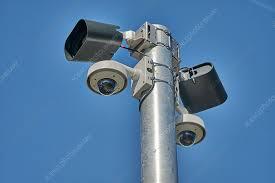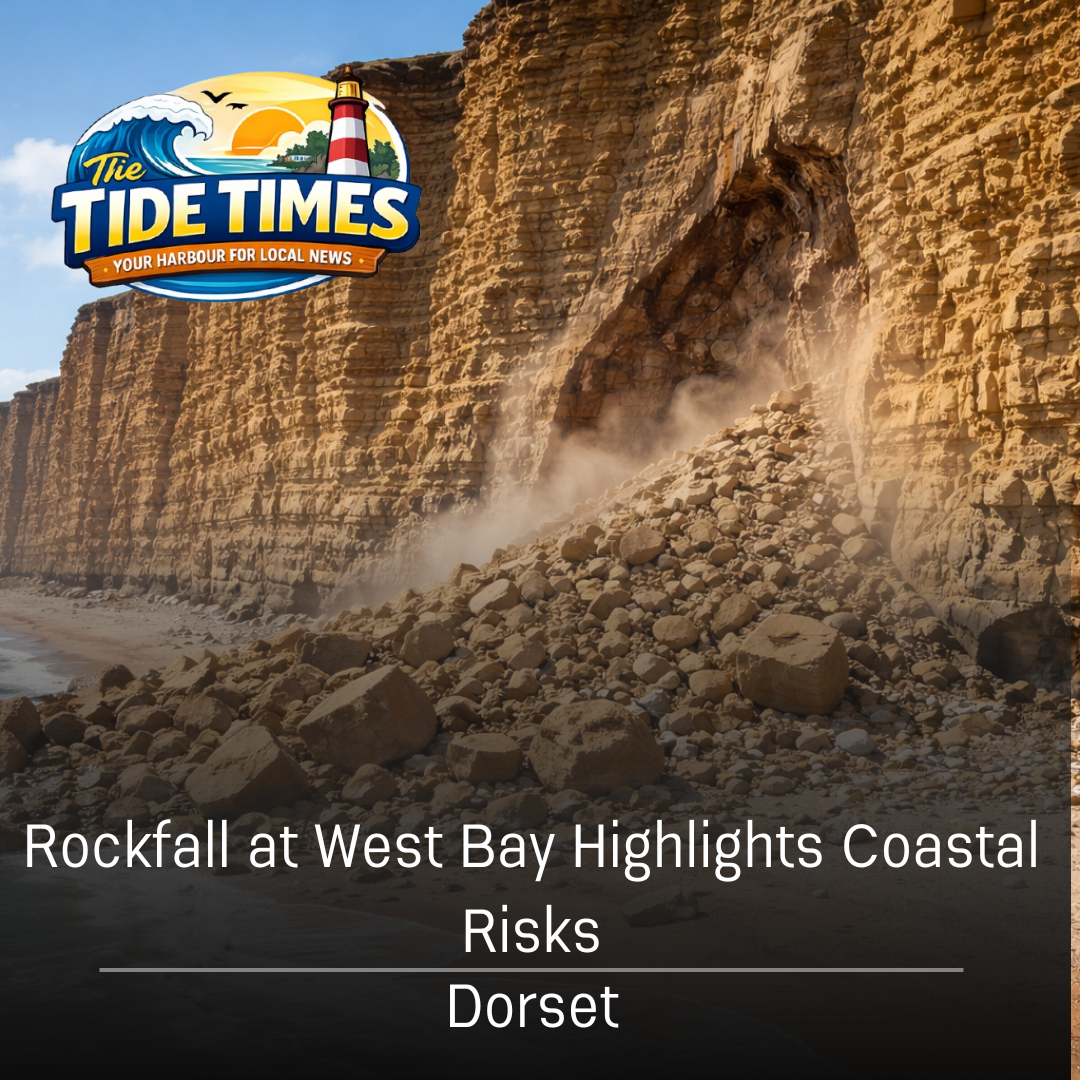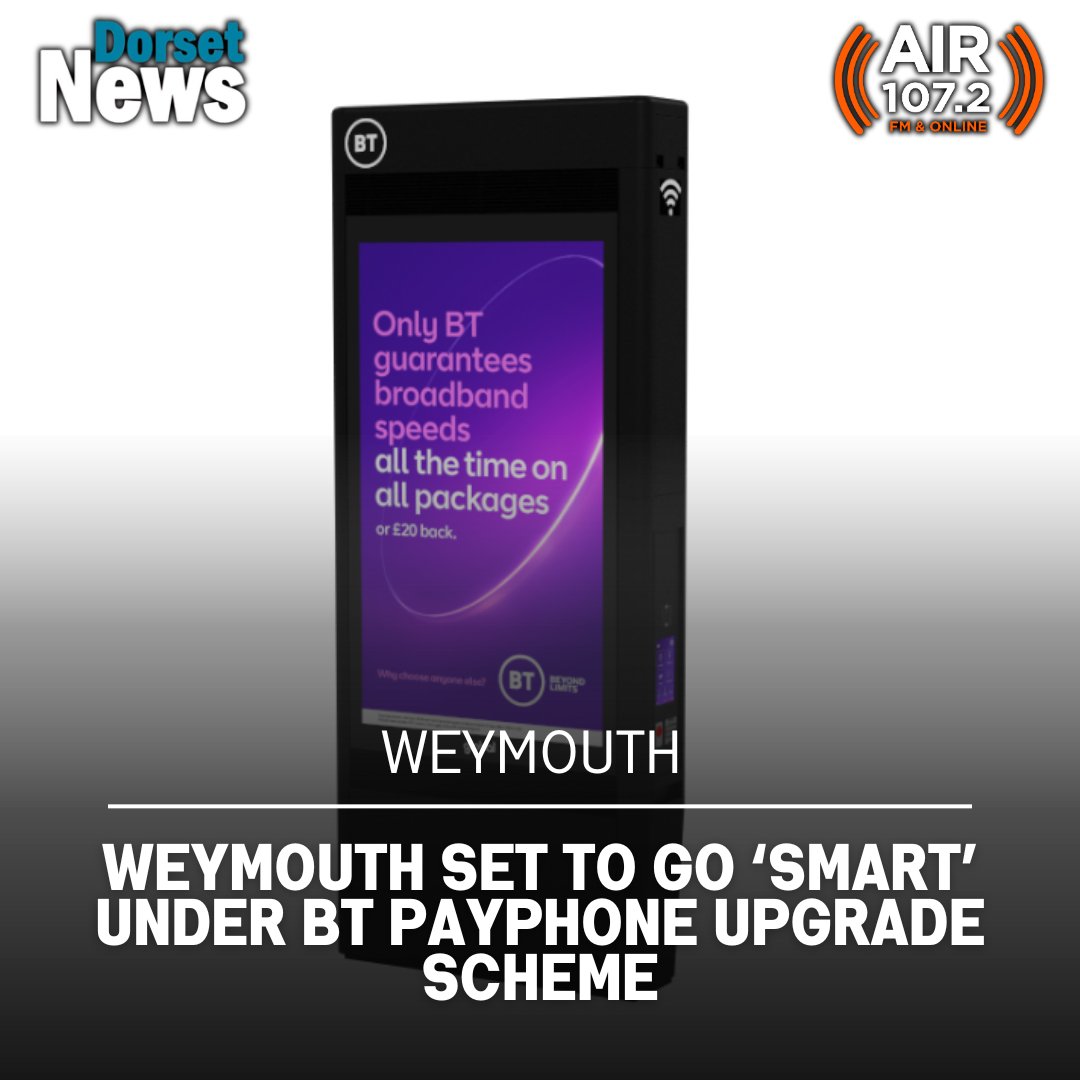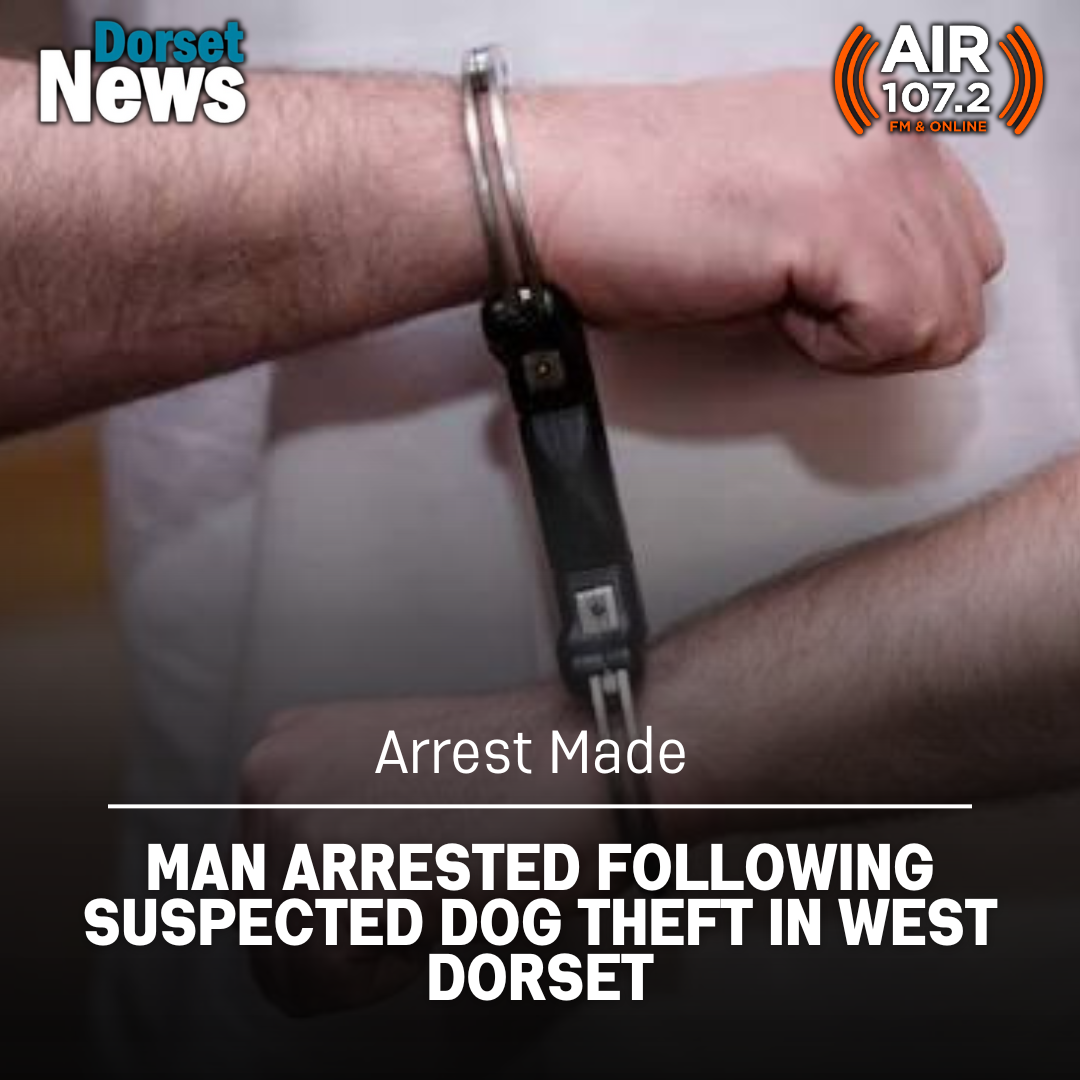On 8 July 2025, Dorset Council’s Cabinet Member for Place Services approved a key decision: deploying Automatic Number Plate Recognition (ANPR) cameras at each of its ten Household Recycling Centres (HRCs), including Weymouth, Swanage, Bridport, Portland, Blandford, Wareham, Dorchester, Wimborne, Shaftesbury, and Sherborne
Why this decision matters
Dorset Council operates a network of 10 HRCs, which collectively handle around 55,000 tonnes of waste annually — at a cost of about £5.12 million in 2024/25. Additionally, the council pays neighbouring authorities—£302,416 to Hampshire County Council and £435,000 to BCP Council—to allow Dorset residents access to external sites.
The financial rationale is clear: by introducing a booking system and ANPR, Dorset aims to reduce “waste disposal” costs and deter misuse by non-residents and tradespeople. In fact, restricting non-Dorset resident use at Sherborne and Shaftesbury HRCs alone is expected to cut annual disposal costs by £120,000, with a further part-year saving of £60,000 factored into 2025/26’s budget.
Booking system + ANPR: A two-pronged strategy
The decision introduces a two-tiered rollout:
- Full booking requirement – at Dorchester, Shaftesbury, Sherborne, and Wimborne HRCs. This approach targets non-resident use and heavy congestion.
- Selective booking plus ANPR cameras – at the remaining six sites (including Weymouth). Here, booking is required only for DIY waste visits (as before), while ANPR cameras monitor every vehicle entering and exiting the sites
- ANPR: how it supports long‑term goals.
Though only six sites immediately enforce booking, the installation of ANPR cameras across all ten sites enables comprehensive data collection. This serves multiple purposes:
- Usage Monitoring – precise tracking of vehicle numbers, peak usage times, and origin.
- Policy Enforcement – ensures bookings are respected where required and flags non-compliance.
- Future Planning – rich data helps gauge performance, shape capacity, and decide where booking systems should apply next.
- Improved Communications – new data feeds more timely and accurate booking reminders and updates
Financial impact
The council highlights cost implications:
- A one-off setup cost of ~£100,000 (equipment, groundwork, signage).
- Annual operational cost for the booking and monitoring system of ~£20,000
- Savings: estimated annual reduction of £120,000 via restricted access, plus £60,000 part-year benefit. Netting savings of ~£60,000 recurring per year .
Non-financial benefits
Beyond monetary gains, the council expects:
- Reduced queues and pollution, especially at high-traffic sites.
- Lower risk of trade-waste abuse, since ANPR can inform inspections.
- Enhanced user experience, including smoother traffic flow and better notification systems.
- Future-proofing data-driven enhancements across operations.
Broader context and next steps
The council notes that the booking system follows community and resident feedback. Online bookings will be the method via desktop/mobile—phone bookings will follow later through an Intelligent Virtual Agent.
After this initial deployment, the council intends to assess the ANPR data and usage patterns. That evaluation will inform whether some sites require the full booking regime, and where online-only accesses might suffice without financial penalties.
Final take
Dorset Council’s integrated approach—booking paired with ANPR surveillance—is carefully calibrated to balance budgetary pressures, public convenience, and sustainable site management. The cameras offer more than just enforcement; they serve as intelligence tools, enabling data-led service design. While setup costs are non-trivial, the long-term payoff in reduced misuse, better site allocations, and smoother operations paints ANPR as a key investment toward modernised waste management.
Source: moderngov.dorsetcouncil.gov.uk
Discover more from The Tide Times
Subscribe to get the latest posts sent to your email.















Leave a Reply